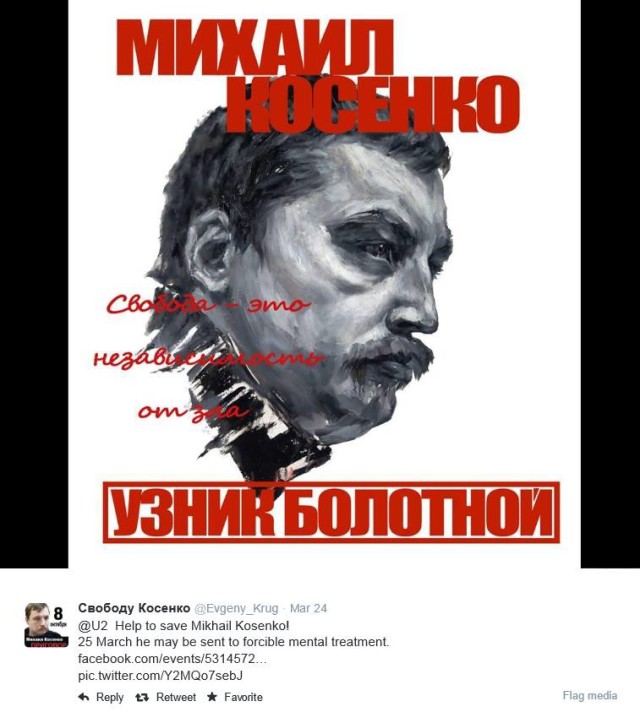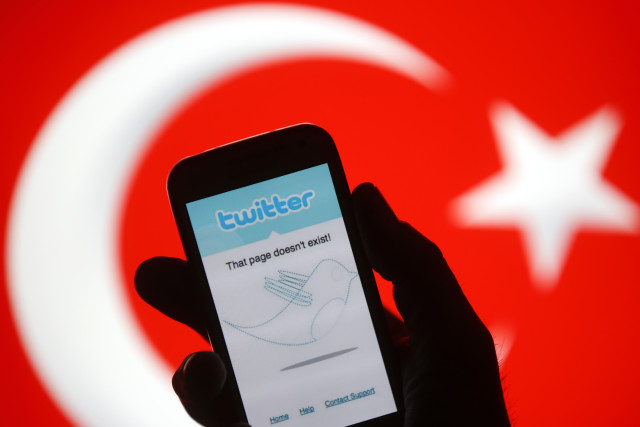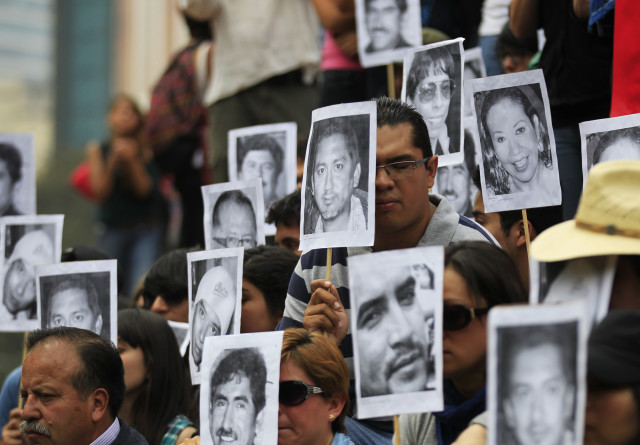
Journalists hold photographs of colleagues who have been killed in the last years while covering the news in Mexico, in Mexico City February 23, 2014. Journalists took to the streets several weeks after Gregorio Jimenez de la Cruz, a reporter for the Veracruz state newspaper Notisur y Liberal del Sur, was kidnapped and found buried along with two people. The Committee to Protect Journalists called on Mexican authorities to conduct a thorough investigation into the murder of Jimenez de la Cruz according to a press release. Jimenez de la Cruz was the second journalist to be killed in 2014, according to local media. REUTERS/Henry Romero
Saturday, May 3 marks World Press Freedom Day, the day the United Nations has set aside to recognize the value of freedom of expression, and the sacrifices journalists across the world make every day to achieve this freedom.
Reporters Without Borders is profiling 100 “Information Heroes” on its website and in social media, using the hashtag #Infoheroes. They include:
- Waleed Al-Shehhi (@walshehhi), a netizen based in the emirate of Ajman in the United Arab Emirates. He is currently serving a two-year jail sentence and must pay a fine of more than $136,000 after tweeting about the trial of 94 Emiratis who were arrested and convicted for alleged links with an Islamist terrorist organization and about their alleged torture in custody.
- Ukrainian investigative journalist Oleksiy Matsuka (@alexmazuka), whose websites Novisti Donbasa and Donetskaya Pravda expose corruption in the eastern Ukrainian city of Donetsk and have earned him harassment, surveillance and threats. In 2011, unknown individuals set fire to his apartment, blocked the exit and barricaded the front door in order to prevent his escape. Luckily, he was not home at the time.
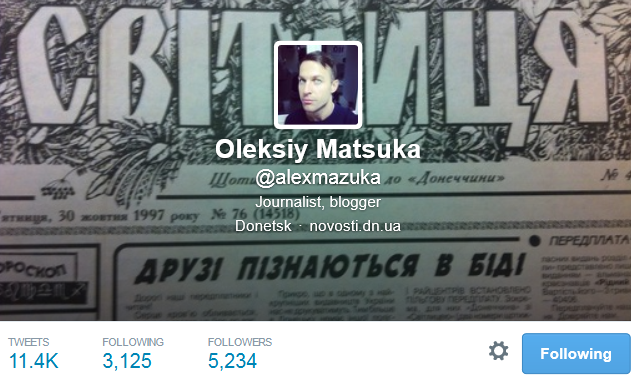
- The Guardian U.S. version’s Glenn Greenwald, the journalist to whom whistle-blower Edward Snowden turned over thousands of classified documents demonstrating U.S. and British intelligence surveillance programs. The Guardian not only published the revelations, but won a Pulitzer Prize — and plenty of criticism.
Meanwhile, the Committee to Protect Journalists is marking World Press Freedom Day 2014 by calling for the release of all jailed journalists. CPJ’s campaign, using the hashtag #Freethepress, highlights the plight of ten individuals:
1. Avaz Zeynally, Azerbaijan, editor of the independent daily Khural
2. Ahmed Humaidan, Bahrain, freelance photographer
3. Ilham Tohti, China, Uighur academic based in Beijing and founder of the news website Uighurbiz
4. Mahmoud Abou Zeid, Egypt, freelance photographer for Corbis and Demotix
5. Dawit Isaac, Eritrea, Swedish-Eritrean co-founder of Setit, once Eritrea’s largest newspaper
6. Reeyot Alemu, Ethiopia, columnist for the leading independent weekly Feteh.
7. Siamak Ghaderi, Iran, founder of IRNA-ye maa (our IRNA) blog, LBGT rights defender
8. Fusün Erdoğan, Turkey, former general manager of the leftist Özgür Radyo (The Free Radio)
9. Muhammad Bekjanov, Uzbekistan, editor of the banned opposition newspaper Erk
10. Nguyen Van Hai, Vietnam, Vietnamese blogger who is better known by his pen name Dieu Cay

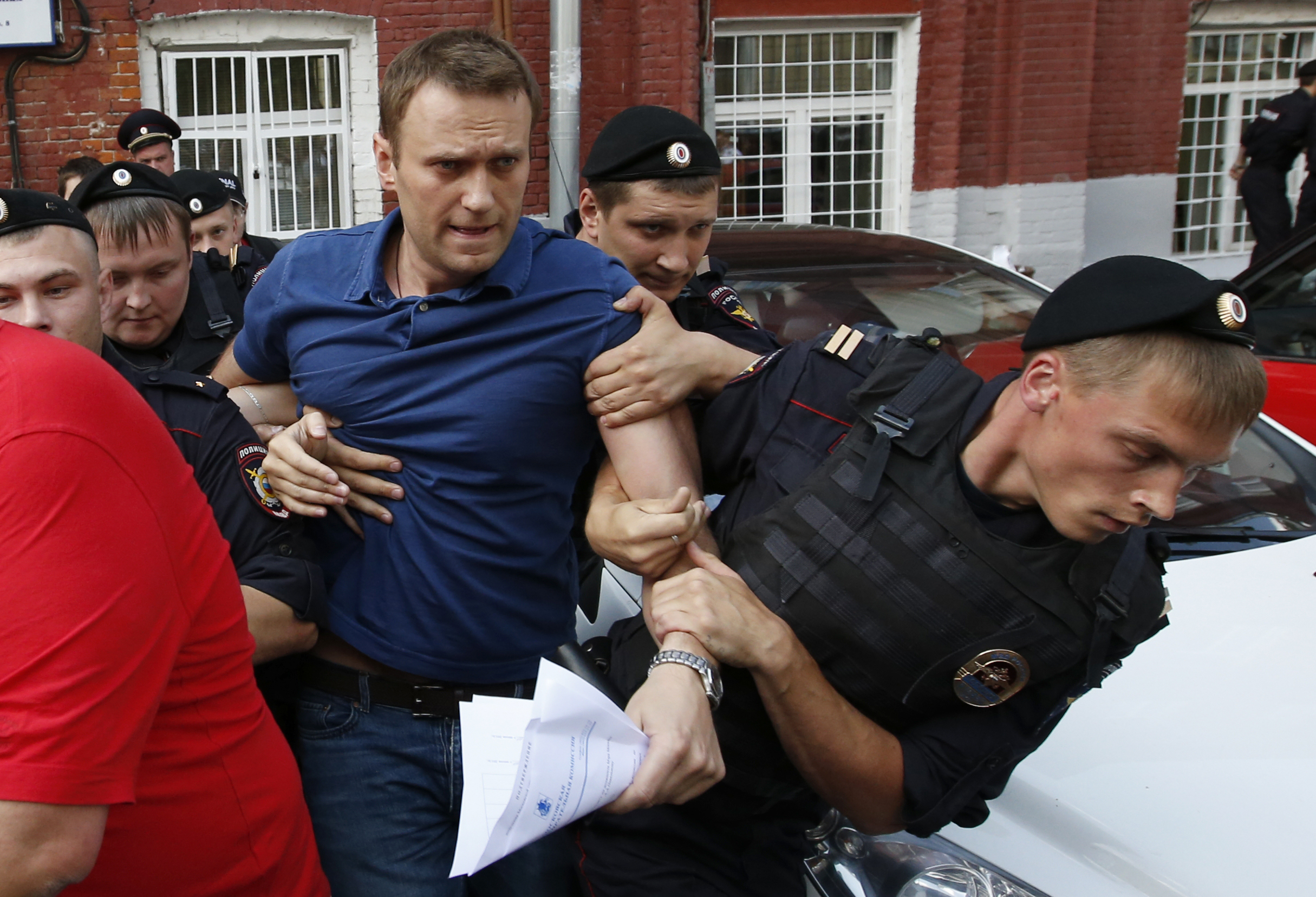
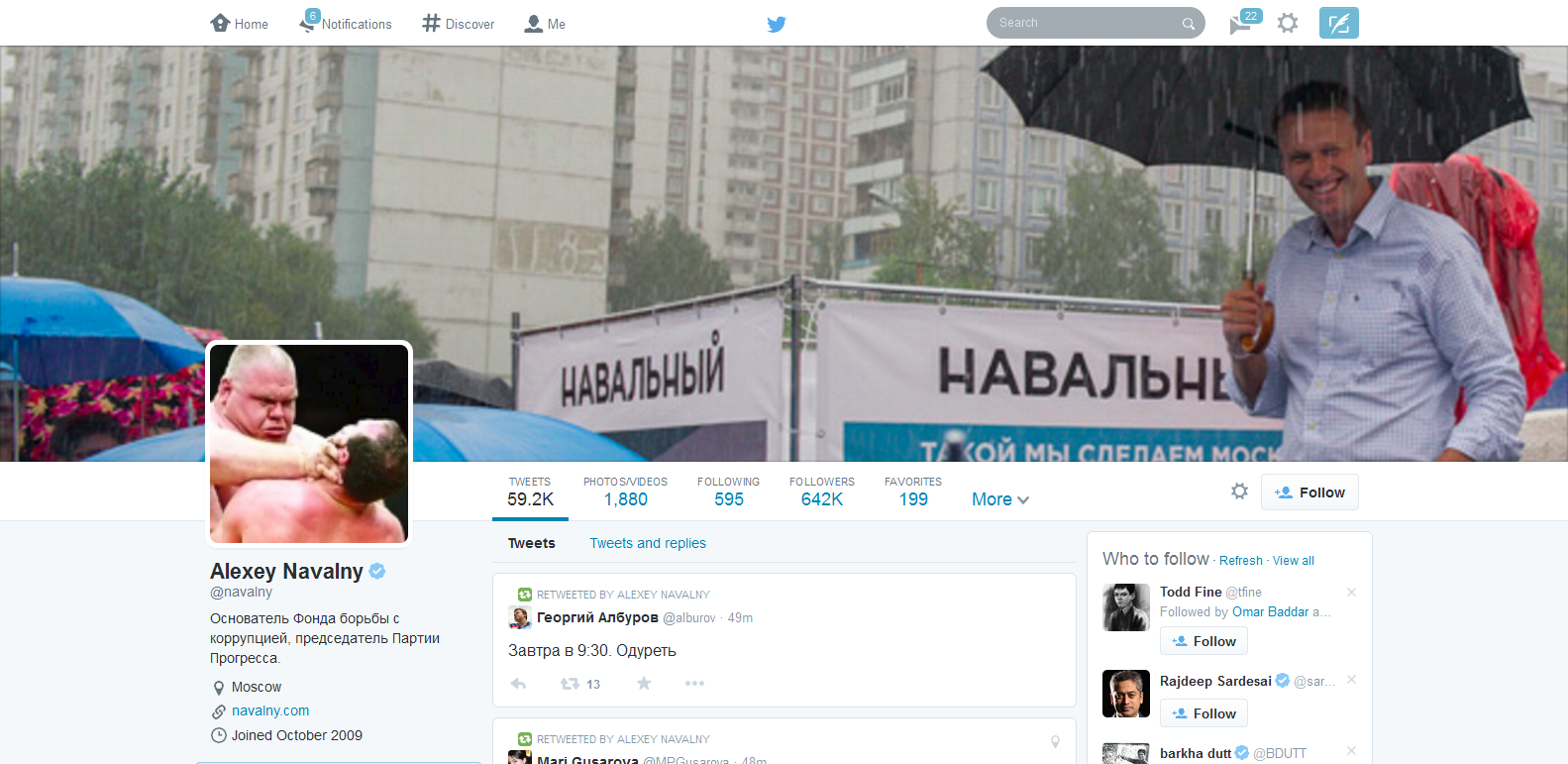
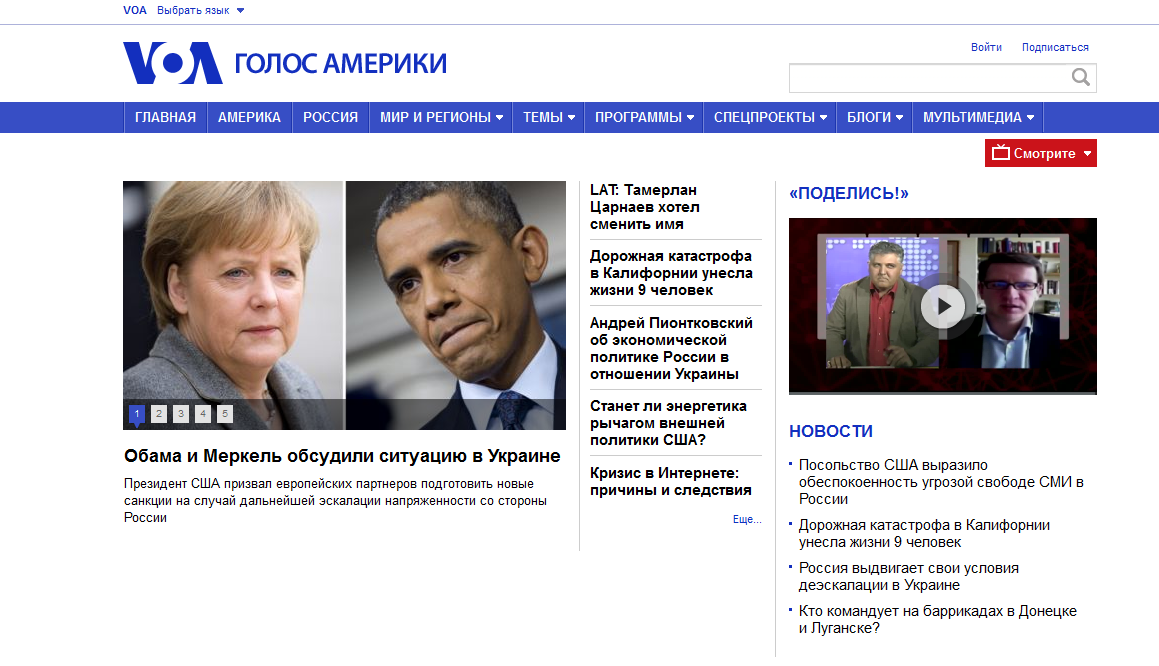
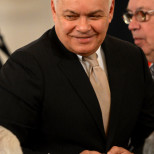
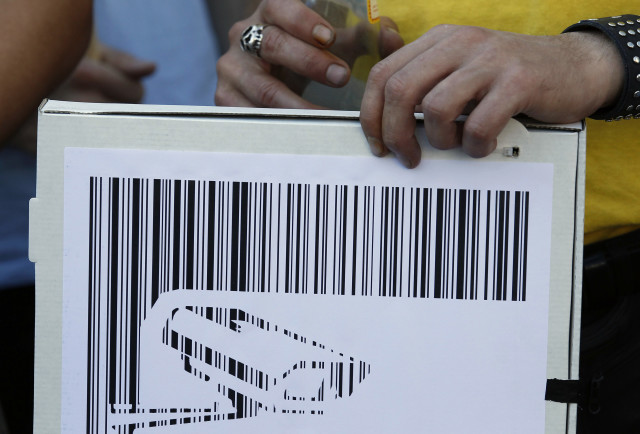
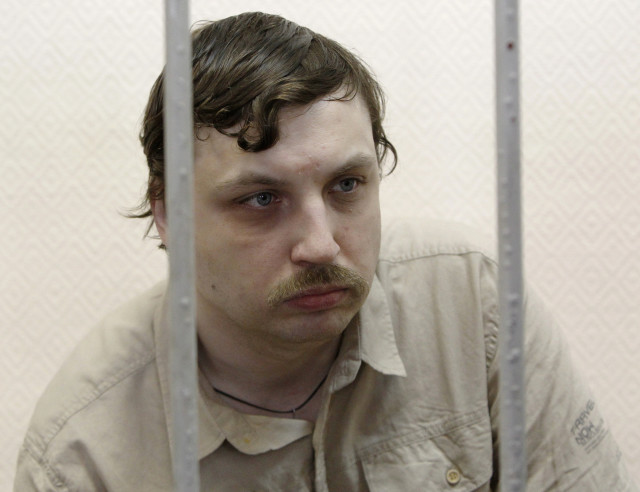
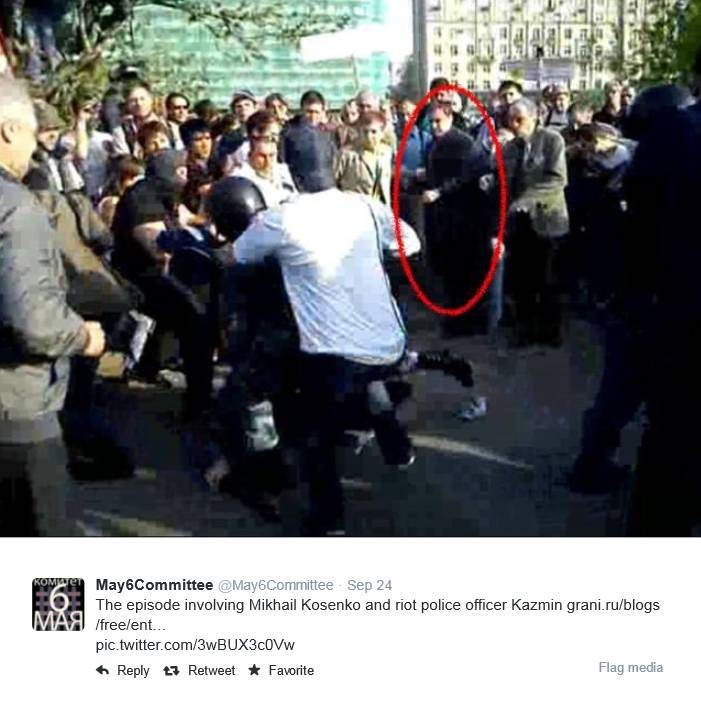 Kosenko was fined 500 ruples–about $15–and sent home. But a month later, police raided his home and took him away. He was charged with participating in a protest and assaulting a police officer, and finally sentenced October 8, 2013 after a trial in which, according to
Kosenko was fined 500 ruples–about $15–and sent home. But a month later, police raided his home and took him away. He was charged with participating in a protest and assaulting a police officer, and finally sentenced October 8, 2013 after a trial in which, according to 